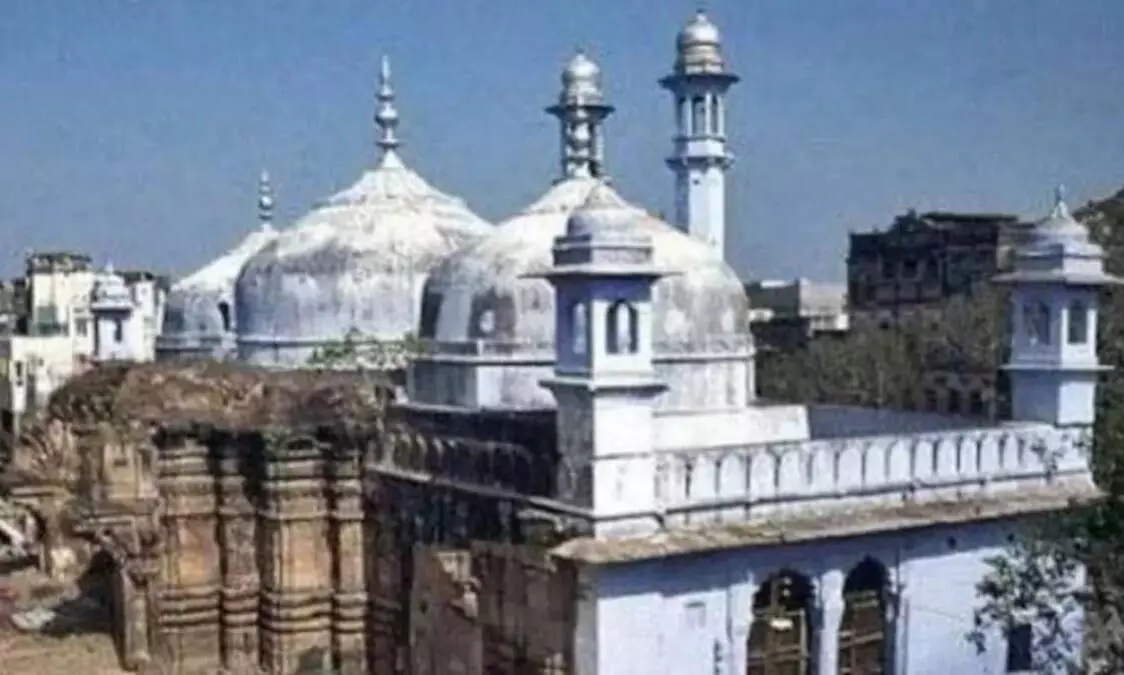
UP Sunni Waqf Board goes to High Court on Gyanvapi Mosque issue
text_fieldsPrayagraj: The Uttar Pradesh Sunni Central Waqf Board on Tuesday moved an urgent petition before the Allahabad High Court in the Gyanvapi Masjid case in which the trial court at Varanasi allowed an ASI study of the mosque on April 8.
Sunni Central Waqf Board's standing counsel Puneet Kumar Gupta argued that the trial court passed the order illegally and without jurisdiction as the matter is before the high court and Justice Prakash Pandia had reserved the order on March 15 this year.
"We moved the Allahabad High Court today against the judgment of the lower court and filed a petition," Gupta told reporters.
Earlier in the day, the Anjuman Intezamia Masjid Committee, the management committee of the Gyanvapi mosque, had also moved an application before the Allahabad High Court in the case.
Counsel for the Anjuman Intezamia Masjid Committee, S.F.A. Naqvi prayed for stay of operation of the April 8 order of the Varanasi court, contending that the high court had reserved its judgment on the maintainability of the suit pending in the Varanasi court, which is hearing the contentions of the opposite party (the Temple trust).
The petition states that the lower court ignored the entire written submissions and applicability of the Places of Worship (Special Provisions) Act, 1991 and Order 7 Rule 11D of the Civil Procedure Code.
"It appears that the learned civil judge concerned is more interested to bypass all judicial discipline and ethics as well as procedures of law and to establish himself as above the judicial hierarchy as defined under the Civil Procedure Code and had assumed himself as the only authority to decide the entire issue without looking into the legal impediment and bar," it says.
On April 8, the Varanasi court had allowed the Archaeological Survey of India (ASI) study of the Gyanvapi Mosque adjacent to the Kashi Vishwanath Temple.
The court ordered an archaeological survey of a centuries-old mosque complex abutting the famous Kashi Vishwanath temple, saying the exercise was required to decide on pleas that allege the mosque was built by Mughal emperors after partially demolishing a Hindu shrine.
The suit was filed in 1991 seeking restoration of the ancient temple at the site where the Gyanvapi Mosque currently stands.
On March 15, the Allahabad High Court reserved its judgment in various pleas, which had challenged the maintainability of the 1991 suit before the Varanasi trial court.
(From IANS with edits)






